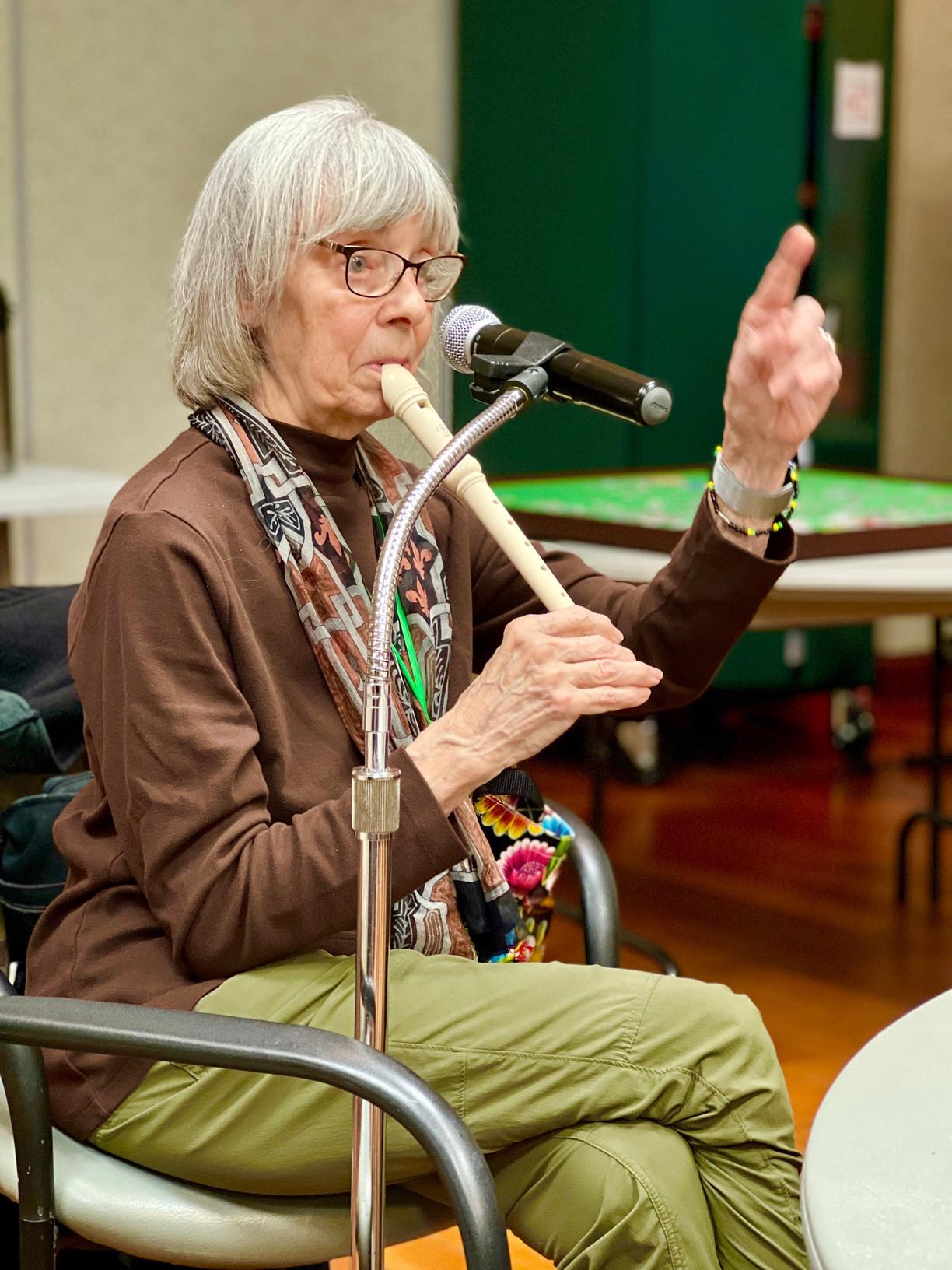
1 minute read
Caring for Individuals with Dementia
from Spring Newsletter
by FiftyForward
expectancy. Approximately 5.8 million people in the U.S. have Alzheimer's disease, and related dementias, which is expected to rise to 14 million by 2060.
Dementia is a progressive, neurogenerative disease, and families provide most care for individuals with dementia. While caring for those we love can be rewarding, caring for a spouse or parent with dementia is also taxing. And most adult children of people with dementia are in their prime work years, often with children of their own. As a result, the availability of affordable care resources can affect their ability to continue working – and their long-term economic stability.
Advertisement
A constellation of care options is necessary to assist caregivers. Support and peer groups, in-home care, and residential care are more or less accessible to families, often related to economic factors. Community-based care, such as adult day programs, a less familiar option, offers caregivers respite and provides individuals with dementia with the chance to remain connected with peers and engaged in activities that bring them joy. Adult day programs provide a supportive, non-judgmental environment where people with dementia can be themselves and be valued for their strengths.
It is beneficial when families can take stock of available caregiving resources before they are needed to create a viable plan for future care to support those they love and themselves as caregivers. FiftyForward is committed to supporting and partnering with individuals with dementia and their caregivers. To see how FiftyForward can help, visit https://fiftyforward.org/
By FiftyForward Chief Program Officer, Gretchen Funk





